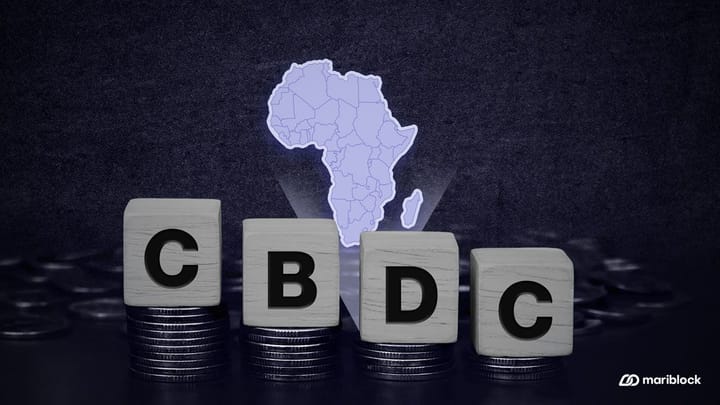PwC lends weight to crypto lobby against Kenya’s digital asset tax
The coalition is pushing to scrap Kenya’s now-revised 1.5% crypto transfer tax, calling it unfair, innovation-stifling, and out of step with global norms.

A coalition of Kenya’s top cryptocurrency companies has formally submitted a proposal to Parliament, calling for significant changes to the taxation of digital assets.
Stay up-to-date with the latest blockchain developments in Africa
Catch up quick
Mariblock recently reported exclusively that crypto stakeholders are mobilizing to fight the country’s controversial Digital Asset Tax (DAT).
- Now, they’re taking it a step further, with PwC Kenya on board as an advisor and present at the submission meeting.
Driving the news
The coalition — including Busha, Kotani Pay, Luno, Swypt, HoneyCoin and DurraFx — made its case before the National Assembly’s Finance Committee on May 29.
- The goal is to scrap the current regime and replace it with a fairer, more globally aligned tax framework.
- Notably, in response to pushback, the Finance Bill 2025 now proposes halving the DAT from 3% to 1.5%, a change still pending parliamentary approval.
The three key proposals
- Repeal Section 12F of the Income Tax Act, which imposes a flat 1.5% — down from the earlier 3% — tax on digital asset transfers, even when there’s no gain.
- Classify digital assets as property, taxed under standard capital gains rules.
- Recognize VASPs as financial institutions for VAT and excise purposes to avoid double taxation and cascading fees.
Why it matters
Crypto firms argue the current law treats digital assets more harshly than other property types, discouraging innovation and investment.
“Technology dies or thrives on the altar of law and policy,” said Keega Gakuua, head of legal at Swypt. “Fundamentally, as an industry, we would prefer to be regulated in terms of the offered service and not the underlying technology.”
Zoom out
This isn’t the crypto industry’s first time before lawmakers.
- Over the last few years, industry stakeholders have made appearances in Parliament, offering insights, proposals, and even policy drafts. But those efforts have, so far, yielded little in terms of transformative regulation or tax reform.
- Earlier this month, Mariblock reported that the Virtual Assets Chamber of Commerce (VACC), backed by Binance, hosted a crypto training for the Finance Committee — the same group reviewing the tax proposal.
- Lawmakers reportedly conducted real-time crypto transactions and studied blockchain infrastructure to better understand the ecosystem they’re regulating.
The training comes as lawmakers review the VASP Bill 2025, now in public consultation. The bill would subject crypto firms to the oversight of the Central Bank and the Capital Markets Authority.
Between the lines
The DAT was introduced as part of Kenya’s effort to boost tax revenue — a key IMF requirement under previous loan terms. However, stakeholders argue that the approach is shortsighted.
- “As Nigeria’s first licensed exchange, we’ve seen how smart regulation drives crypto adoption. Kenya can lead Africa’s blockchain future with the right tax framework,” said Chebet Kipingor of Busha.
What’s next:
Parliament will deliberate on the Finance Bill 2025 in the coming weeks. Industry players say this is the final window to influence the outcome.




